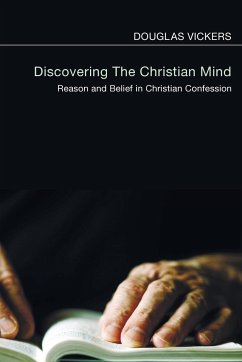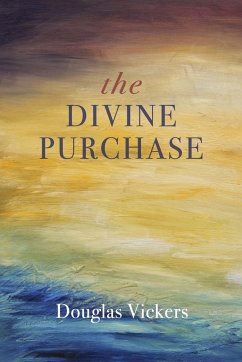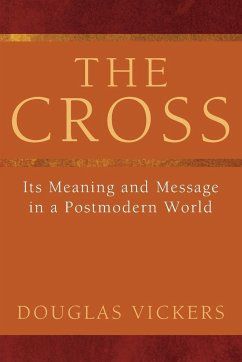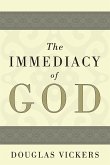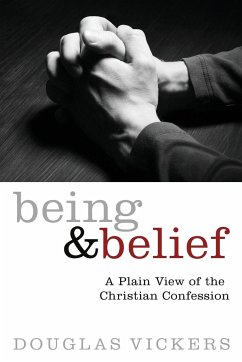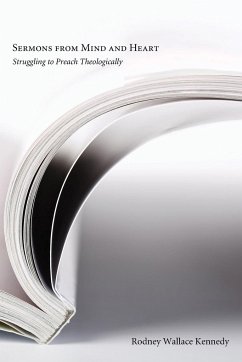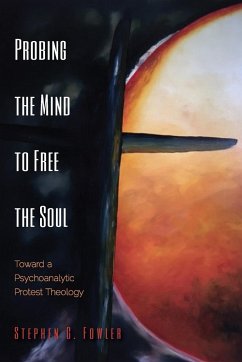The relation between Christianity and the claims of reason has been at times sharp and conflicting and at times symbiotic. Noted scholars in the church and in the secular academy have asked what Christianity has to do with culture and what the Christian mind has to say, or should be saying, by way of critique in the marketplace of ideas. In Discovering the Christian Mind, Douglas Vickers argues insightfully that prior to the question of what the Christian mind should be doing or saying is that of what the Christian mind is. Vickers shows that the true identity of the Christian mind derives from the Holy Spirit's conveyance to the soul of the grace of regeneration. The conclusion that regeneration is prior to knowing, and that those know truly who know God truly, challenges thought and opinion. ""Central to Vickers' thought is the wonder of the miracle which is regeneration, the palingenesis of the new humanity in Christ. With the thoroughness of Owen, and the epistemological clarity and prophetic insight of Kuyper and Van Til, Douglas Vickers lays before us the wondrous work of God the Holy Spirit upon the soulish faculties of man, realigning and renewing them in the image of Christ. I was brought again and again to worship and praise as I was led by the hand to consider the work of God in bringing into being the Christian mind. Where there is a Christian man there is a Christian mind. Vickers helps us to understand and reflect upon what this means. Before we can effectively engage our culture, this theological spade work must be done. A humble servant of Christ, and a gifted theologian, Douglas Vickers gives us inestimable help in the task."" -Rodney J. Collins Associate Pastor, West Springfield Covenant Community Church West Springfield, Massachusetts ""Accurately probing the biblical teaching on regeneration and its decisive, transforming power, Dr. Vickers illuminates the necessity of this gracious, vital change as foundational to Christian thinking and action. He successfully argues for comprehension of this truth as prior to any consideration of how the Christian lives and interacts with an unregenerate culture. Reminiscent of Thomas Boston's magisterial Human Nature in Its Fourfold State, Vickers has been enabled to handle profound theology in a way that sparkles with wisdom and light."" -Robert E. Davis Senior Pastor, Draper's Valley Presbyterian Church Draper, Virginia ""The appendix on the Holy Spirit is a marvelous summary of the scriptural teaching on the Holy Spirit, and summarizes succinctly and memorably the unique work of the Holy Spirit within the Godhead. Its message is practicable and helpful for all Christians hungry for these foundational teachings. Douglas Vickers states them in his inimitable logical, coherent, and earnest way."" -H. Leverne Rosenberger Minister (retired) Reformed Presbyterian Church of North America Beaver Falls, Pennsylvania Douglas Vickers (PhD, University of London) is Professor Emeritus of Economics at the University of Massachusetts. Among his recent titles in theology are The Cross: Its Meaning and Message in a Postmodern World (2010) and The Immediacy of God (2009).

